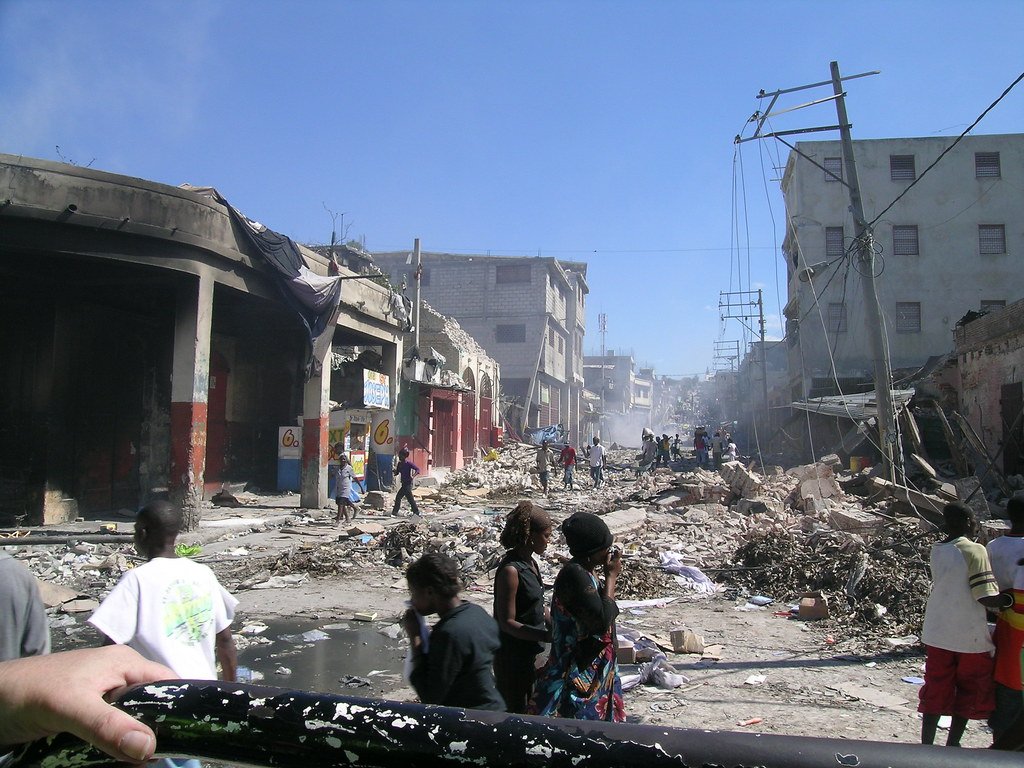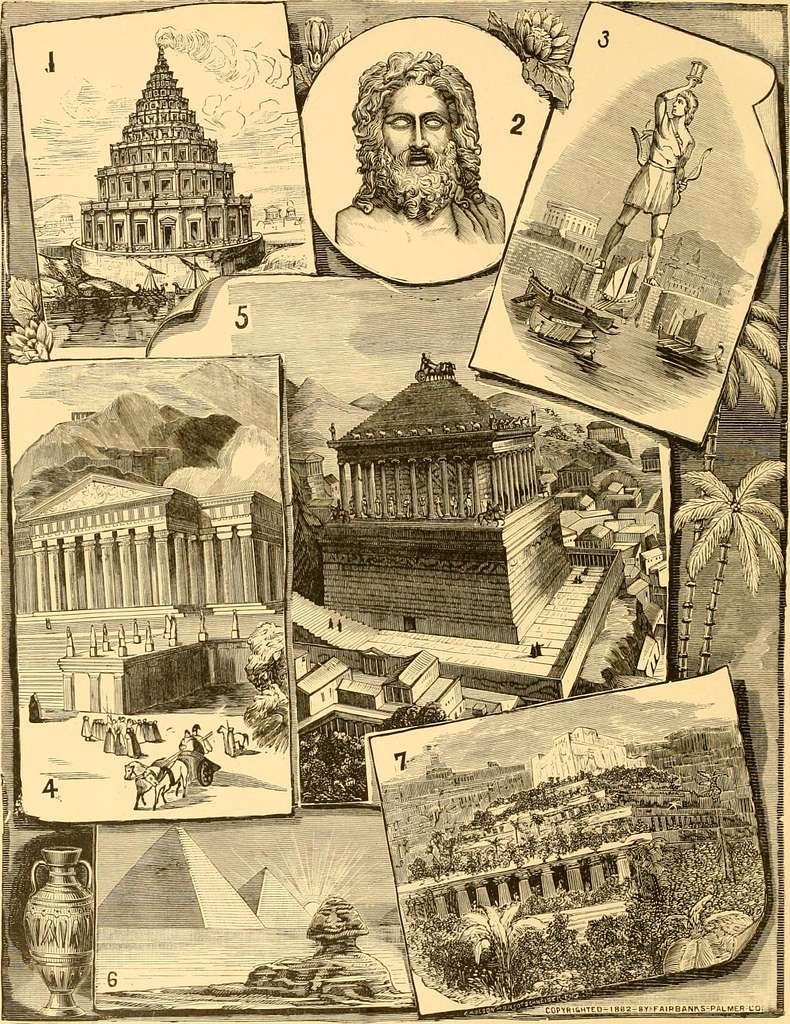Title: Nigerian Civil War: A Reflective Examination of a Nation Divided
Introduction:
In the annals of history, certain conflicts leave lasting scars on a nation’s fabric, transforming its very essence, and reshaping its course. The Nigerian Civil War, also known as the Biafra conflict, stands as one such pivotal chapter, etching its mark on the collective memory of Nigeria and thrusting it into a tumultuous period of bloodshed and dissolution. Delving into this dark period of Nigerian history demands an inquisitive lens, a reflective approach that strives to understand the underlying causes, complex dynamics, and the profound impact it had on a nation divided along ethnic lines. This article aims to provide a professional and journalistic analysis of the Nigerian Civil War, unearthing its history, exploring the implications it carried, and shedding light on the legacy it has left behind.
With a backdrop of heightened ethnic and regional tensions in the late 1960s, Nigeria found itself engulfed in a brutal war that pitted the federal government against the secessionist state of Biafra. Deep-rooted economic disparity, sectarian strife, and a struggle for political power precipitated the fracturing of this once-promising West African nation. From its onset in 1967 to the ceasefire in 1970, the Nigerian Civil War created a devastating landscape of death, displacement, and destruction, forcing a nation already grappling with independence to confront its deepest divisions head-on.
Examining the reasons behind the conflict, it becomes evident that clashes over limited resources, uneven economic development, and vast disparities in power distribution fueled the flames of secessionist sentiments. The separatist region of Biafra sought to establish an independent state arguing that the Igbo people, who dominated the eastern part of the country, suffered political marginalization and economic exploitation under a predominantly Hausa-Fulani-led central government. The intricate dynamics of ethnicity, tribalism, and the struggle for self-determination cast long shadows over the Nigerian plateau, leaving innocent lives caught in a struggle for identity and survival.
Beyond the immediate human toll, the Nigerian Civil War reverberated far beyond the battlefields. It tested the resilience of the African continent, strained international relations, and brought to light critical questions surrounding sovereignty, humanitarian crises, national unity, and the role of international actors. Its impact continues to be felt today, as Nigeria strives to forge a lasting peace while grappling with the ghosts of its past.
This article seeks not only to provide an factual account of the Nigerian Civil War, but also to offer a broader understanding of the consequences it engendered, the lessons learned, and the challenges that still threaten to divide the nation. By delving into the heart of this conflict, we hope to provide a professional and journalistic examination that initiates a vital dialogue, fostering understanding, empathy, and reflection on a truly transformative chapter in Nigerian history.
Table of Contents
- 1. The Genesis of the Nigerian Civil War: Uncovering Deep-rooted Socio-political Divisions
- 2. Devastation and Humanitarian Crisis: Revealing the Untold Stories of the Conflict
- 3. Historical Reconciliation and National Healing: Exploring Strategies for Unity and Progress
- 4. Learning from the Past: Recommendations for Safeguarding Nigeria’s Future
- Q&A
- The Way Forward

1. The Genesis of the Nigerian Civil War: Uncovering Deep-rooted Socio-political Divisions
The Genesis of the Nigerian Civil War:
Uncovering Deep-rooted Socio-political Divisions
As the tropical sun dipped below the horizon, the promise of a united Nigeria seemed more distant than ever. It was on that fateful day of July 6, 1967, when the echoes of tribal tensions erupted into a full-blown conflict, plunging Africa’s most populous nation into years of bloodshed and division. The genesis of the Nigerian Civil War can be traced back to a culmination of events, a complex journey through the labyrinth of ethno-religious disparities that had festered since Nigeria gained independence in 1960.
The sparks that ignited this fiery conflagration can be traced to the communal rivalries between the Igbo people of the east and the Hausa-Fulani ethnic groups predominant in the north. The tension escalated when Lieutenant Colonel Odumegwu Ojukwu, the charismatic and often controversial leader of the Eastern Region, declared the secession of the newly formed Republic of Biafra. The Nigerian government, led by General Yakubu Gowon, retaliated swiftly, refusing to let go of Eastern Nigeria without a fight. What ensued was a brutal war that tore at the seams of a fragile nation, a war that was far from being merely a tribal dispute but rather an embodiment of the deep-rooted socio-political divisions that had plagued Nigeria since its inception.
- Disparity in political power and resource allocation became a key catalyst for the conflict.
- The ongoing debates around political structure and fiscal control further deepened the fractures within the Nigerian society.
- The assassination of Sir Ahmadu Bello, the revered political leader of the north, sent shockwaves across the nation, exacerbating the sense of mistrust between the north and the east.
In the days that followed, the details of this grim tale would unravel like the stained pages of an ancient manuscript. Delving into the depths of the Nigerian Civil War, it becomes clear that this was not a dispute borne solely out of a quest for independence, but rather a manifestation of years of unresolved social and political issues. The war had become a vessel for myriad grievances, illuminating the fragile fault lines only visible when a nation’s harmony shatters like shards of glass under the weight of simmering tensions.

2. Devastation and Humanitarian Crisis: Revealing the Untold Stories of the Conflict
The pages of history often conceal the intangible anguish borne by nations grappling with conflict, and the painful scars etched upon the lives of its people. In the wake of the cataclysmic struggle that unfolded, the true extent of the devastation and the unparalleled humanitarian crisis that ensued cannot be ignored any longer. Amidst the backdrop of shattered buildings and smoldering remnants, a haunting narrative begins to emerge, revealing the untold stories buried beneath the chaos of war.
One cannot discuss the harrowing chapter of this conflict without delving into the unimaginable tragedy that befell the city of Al-Aleppo. Once an architectural masterpiece, this ancient city became a haunting battleground, reduced to rubble by relentless bombardments and merciless fighting. The streets that once buzzed with life were reduced to graveyards, with each corner bearing witness to the shattered dreams and lost souls that now haunt its ruins. The magnitude of the destruction is unfathomable, as centuries-old mosques, lively marketplaces, and treasured historical landmarks were mercilessly razed to the ground.

3. Historical Reconciliation and National Healing: Exploring Strategies for Unity and Progress
Through the annals of history, few events have had as profound an impact on a nation as the journey towards historical reconciliation and national healing. In the wake of calamitous conflicts and deep-rooted divisions, societies have been forced to grapple with the scars of their past, searching for elusive strategies that hold the promise of unity and progress.
One shining example of such a journey took place in the aftermath of the devastating civil war that tore apart the fictional nation of Argentia, leaving behind a fractured society steeped in bitterness and resentment. With years of bloodshed and animosity casting a shadow over the nation’s future, a bold group of leaders emerged, determined to forge a path towards reconciliation. Building upon lessons from successful processes in other countries, they embarked on an arduous journey marked by transparency, forgiveness, and an unwavering commitment to collective healing.
The first key step in this transformative process was the establishment of truth and reconciliation commissions. Drawing inspiration from the South African model, these commissions offered a safe space for victims and perpetrators alike to share their stories, acknowledge past wrongdoings, and seek forgiveness. Public hearings, broadcasted live on national television, captured the nation’s attention and shone a glaring light on the atrocities committed during the war. Families torn apart by violence found solace in finally hearing the truth and witnessing those responsible assume responsibility for their actions.
Moreover, reparations played a pivotal role in the healing process. Financial compensation was provided to victims, aiding in their ability to rebuild shattered lives and communities ravaged by conflict. Equally important was the symbolic restitution of dignity and justice, as monuments were erected to honor those who lost their lives, and memorials served as a solemn reminder of the horrors that occurred.

4. Learning from the Past: Recommendations for Safeguarding Nigeria’s Future
Retrospective Historical Content
In reflecting on Nigeria’s tumultuous past, it becomes evident that the nation’s future hinges on the lessons learned from significant historical events. One such event that indelibly shaped Nigeria’s trajectory was the Biafra War, which erupted in 1967. The secessionist movement led by the Eastern Region, under the charismatic leadership of General Chukwuemeka Odumegwu Ojukwu, plunged the nation into a devastating conflict that lasted for three grueling years. The brutality and utter destruction that ensued revealed the deep-seated ethnic tensions and political fissures that had plagued Nigeria since its independence in 1960.
Another pivotal event that crystallizes the need for safeguarding Nigeria’s future is the military dictatorship of General Sani Abacha, which loomed over the nation for five oppressive years. Abacha’s reign was marked by human rights abuses, rampant corruption, and a stifling of democratic values. Under his dictatorship, Nigeria’s economy unraveled, its political institutions atrophied, and dissent was met with lethal force. The dark legacy of Abacha’s regime serves as a grim reminder of the dangers posed by the concentration of power in the hands of a few and the erosion of checks and balances.
- In order to safeguard Nigeria’s future, it is imperative that the nation addresses the deep-seated ethnic tensions that continue to simmer beneath the surface. The wounds left by the Biafra War must be healed, and a sincere effort towards national reconciliation should be made.
- Furthermore, the experiences endured during the military dictatorship underscore the importance of upholding democratic values, respecting human rights, and fostering transparency in governance. Nigeria must establish and strengthen its democratic institutions to prevent any future erosion of these fundamental principles.
- Lastly, Nigeria’s future lies in its ability to address the root causes of corruption, a pervasive menace that has stifled its development and tarnished its reputation. Implementing comprehensive anti-corruption measures and promoting a culture of accountability are essential steps towards building a more prosperous and equitable nation.
By learning from the past and implementing these recommendations, Nigeria can forge a resilient future that overcomes its historical challenges and paves the way for a thriving and united nation.
Future Outlook
In conclusion, as we reflect upon the Nigerian Civil War, we are confronted with both the triumphs and tragedies that unfolded during those turbulent years. Our examination of this dark chapter in Nigerian history serves as a somber reminder of the consequences that arise when a nation becomes divided.
The conflict, which emerged from deep-seated political, economic, and ethnic tensions, tore through the fabric of Nigerian society, leaving scars that are still visible today. The loss of countless lives and the displacement of millions is a haunting legacy that we must not forget.
This retrospective exploration has provided us with a deeper understanding of the events that led to the war and the subsequent actions that shaped its outcome. It is a testament to the resilience and determination of the Nigerian people that they were able to eventually find a path towards reconciliation, albeit with significant challenges and ongoing issues.
Moreover, our analysis has shed light on the complex nature of nation-building and the importance of unity in sustaining a stable and prosperous society. Lessons learned from this historical period should serve as a cautionary tale for future generations, reminding us of the potential consequences of divisive ideologies and exclusionary policies.
As we move forward, it is crucial to remember the sacrifices of those who suffered during the Nigerian Civil War. Their stories deserve to be told and their memory honored. Only through a genuine commitment to understanding our history can we hope to build a nation that is united, just, and inclusive.
In the spirit of this reflective examination, let this article serve as a catalyst for productive dialogue, fostering an environment where we can learn from the past and collectively strive for a better future. It is through understanding, empathy, and unity that we can overcome the challenges that lie ahead and build a stronger, more harmonious Nigeria for generations to come.
